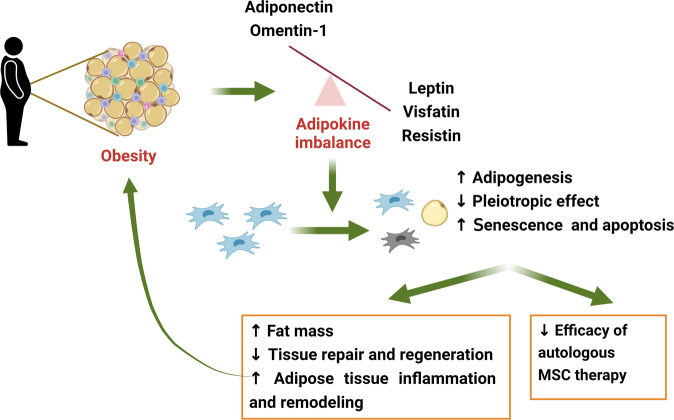Fig. 3. Putative roles of adipokines in MSC dysfunction during obesity.
Obesity induces an imbalance in the production and secretion of adipokines. Some adipokines, such adiponectin and omentin-1, are downregulated, whereas most of others are upregulated in response to excess adiposity. High levels of leptin, visfatin, and resistin in the MSC niche promote the differentiation of MSC to adipocytes, impaired pleiotropic functions, and accelerate senescence and apoptotic cell death. In addition, downregulation of adiponectin and omentin-1, which play a critical role in the maintenance of survival and functional plasticity of MSC, further contributes to impaired MSC functions. Consequently, obese-derived MSC has exhibited the lower efficacy in treatment of various disorders. Given the role of MSC as critical regulators of inflammatory and immune responses, adipogenesis, and tissue repair and regeneration, abnormal function of MSC in obese subjects would exacerbate adipose tissue (AT) inflammation and remodeling, as well as promote the initiation and progression of obesity-associated complications.

